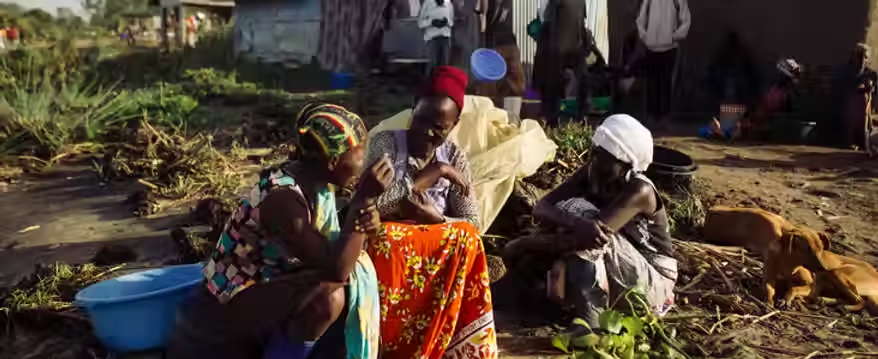
Image from Kang-Chun Cheng for the africa report
Along the shores of Lake Victoria—Africa's largest lake—an old trading system once pushed countless women into despair. Known locally as 'Jaboya', it forced female fish traders to exchange sex for access to fish. This is not a distant tale; it remains a daily reality for many women. But now, a 'cold' solution is helping break this cycle.
01
The “Jaboya” Trap
on Lake Victoria
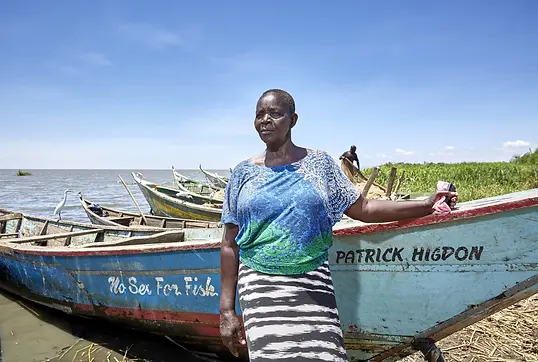
Fishing on Lake Victoria is highly gendered. Men own the boats and do the fishing. Women buy fish from them and sell at markets. Because fish are limited, fishermen often give priority to women who agree to have sex with them. This “exchange” has a specific word in the local Luo language—“Jaboya”—meaning “my float,” which also refers to the male fisher involved.
NPR has reported extensively on this issue[2]. Women, desperate to support their families, engage in these risky exchanges despite the threat of diseases like HIV. Many say they have no other choice. Over time, this exploitative model traps women in cycles of poverty, illness, and humiliation.
Image from Julia Gunther for NPR
02
Cold Chain:
A Technical Key to Breaking
Gender-Based Exploitation
At its core, Jaboya is not just about sex and fish. It reflects a deep lack of bargaining power and choices for women. A key barrier is the absence of cold chain infrastructure.
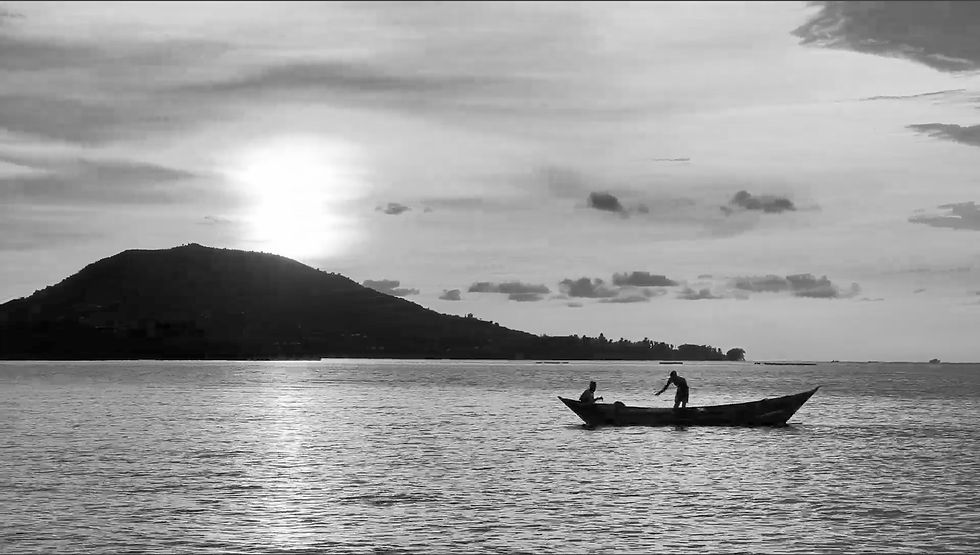
Why is cold chain so important?
Without refrigeration, fish must be sold the same day or they will spoil. Women rush to get the earliest catch each day. If they miss it, they lose a day’s income. With no way to store fish, they are forced into a passive role—waiting, accepting low prices, or worse, agreeing to exploitative conditions.
What does cold chain change?
Cold chain technology breaks the “tyranny of time” imposed on women by perishable fish. With refrigeration, women can buy in bulk, store fish, reduce daily travel, and avoid being dependent on a single fisherman. They can focus on expanding their business—finding new markets, processing fish into dried or sauced products, and even gaining time for education or childcare.
More importantly, storage capacity gives them pricing power. They no longer need to sell quickly out of fear of spoilage. They can wait, compare offers, and choose honest suppliers. The exploitative foundation of Jaboya collapses.
Modern cold chain systems, especially with IoT integration, can record inventory and sales data. This gives women “credit records” that allow them to apply for loans and grow their businesses. With this financial visibility, women gain true economic independence.
To manage equipment costs, women often share cold storage, split costs, and divide roles such as sourcing, storing, and selling. This not only lowers startup risks but also builds mutual support networks.
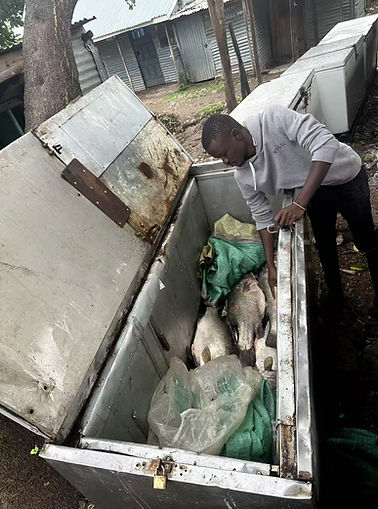
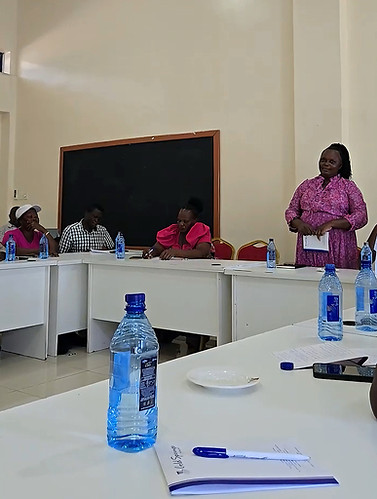
03
Prometheus Pilot:
Bringing Cold Chain into Communities
In Kenya, Prometheus is testing an “equipment-as-investment” model. Cold chain units are offered on a pay-as-you-go basis, allowing women to pay only for what they use. This removes the need for large upfront investment.
Additionally, the ERP system automatically records sales and inventory, helping women make better decisions and coordinate operations. The cold chain does more than preserve freshness—it helps women shift from survival laborers to empowered entrepreneurs.
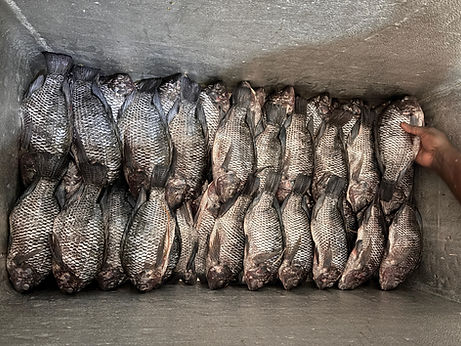
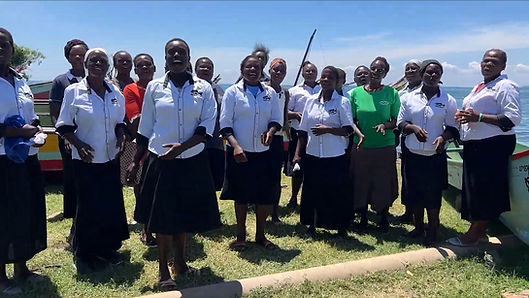
Jaboya is the result of infrastructure gaps and gender inequality. Cold chain solves the issue of perishability and storage. Women no longer need to trade sex for fish. With data as credit, they can access loans and formal business opportunities.
According to FAO, if women have equal access to resources, agricultural output could rise by 20–30%, helping over 100 million people escape hunger.[3]
This is more than a shift in trade—it is a path from survival to dignity for African women. And that path is widening, thanks to the power of technology.
04
Empowering Through Technology
Restoring Dignity
Click to watch our story from the shores of Lake Victoria
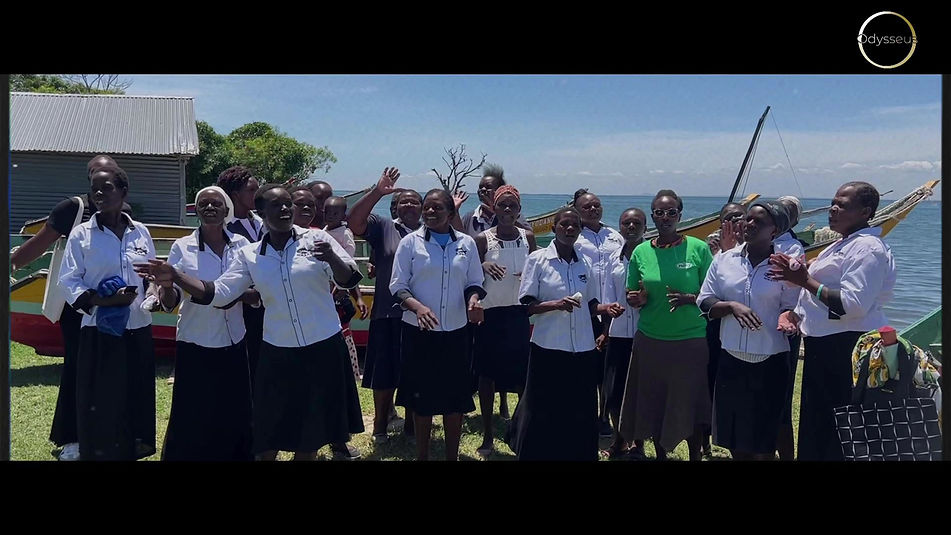
References
[1] FAO, 2022, The state of world fisheries and aquaculture 2022 https://openknowledge.fao.org/server/api/core/bitstreams/9df19f53-b931-4d04-acd3-58a71c6b1a5b/content/sofia/2022/gender-equality-in-fisheries.html
[2] 2019, No Sex For Fish: How Women In A Fishing Village Are Fighting For Power
[3] FAO, 2021, Empowering women and girls is crucial to ensure sustainable food security in the aftermath of COVID-19, say UN food agency heads on International Women’ s Day